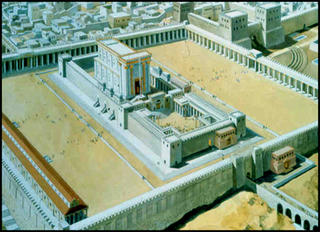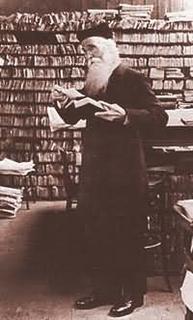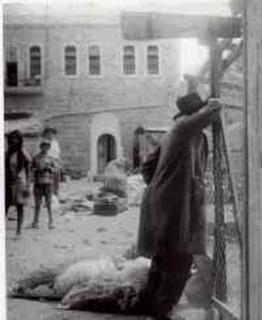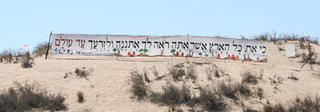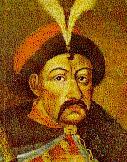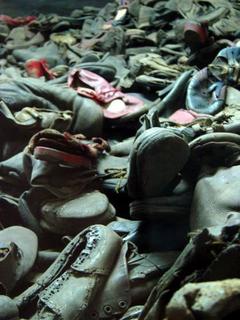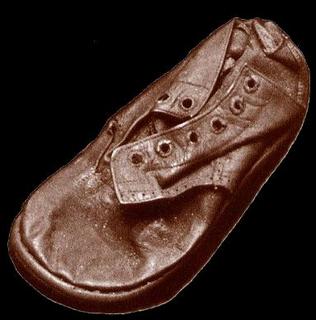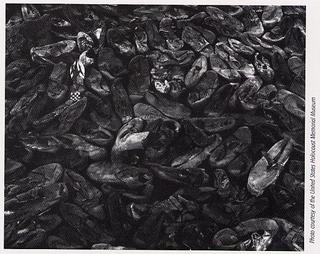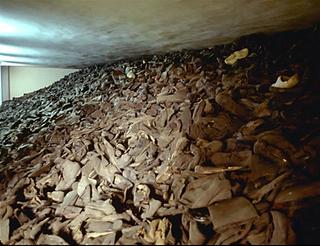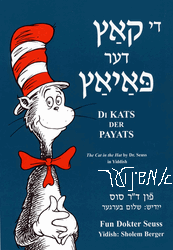click on title

The man in this photo is Herzl Yankl Tsam-Cantonist soldier
From 1825-1855, Russian Jews were subjected to laws during the regime of Czar Nikolai I. The harshest of these was the "Cantonist" where Jewish boys from the age of 8, were required to serve in the Czar's army for a period of 25 years amounting to a literal death sentence for many of these children.
From: The Occident and American Jewish Advocate, January 1863.
The accession of the emperor now reigning [Czar Alexander II] held out reasonable hopes that the time of Egyptian bondage would soon pass away... The most cruel atrocities then yet practiced were:
The recruiting of infants, in the literal sense of the word. The fact is that there existed an Ukase, according to which the Jews had to furnish four times as many recruits for the army as all other Russian subjects, the whole country being divided into western and eastern parts, and every decree for recruiting requiring only five per 1000, the east and the west alternately every year to complete the army. But the Jews, on the other hand, were required to supply recruits annually and simultaneously with the east and the west, although in the east there are no Jewish inhabitants, and moreover, they were compelled to give ten per 1000 every time, instead of the other's five per 1000. This system of decimation produced the natural consequences: after a lapse of some years--during which not one of the soldiers could return to his family, the Russian military service covering a period of 20 to 25 years--almost all the young men had been drafted away for the army, and there only remained aged men and children. Yet the government was not inclined to release the victims. It issued orders that the boys should be taken away from their homes and families, and should be brought up in the interior of Russia during all the time that would elapse till their attaining the proper age for entering a regiment (eighteen years being the proper age for that purpose), and then only began for them the period of regular military service, all the previous years not being reckoned as belonging to it. those wretched children, driven to baptism by fire and water ..., ordinarily wasted away to one-half their number before attaining the age required, and almost every day the synagogue resounded, before day-break, with the melancholy reading of the martyrs' prayers for one poor child or another, who had preferred submitting to all imaginable tortures rather than betray his religion...
Ten years afterwards, in 1855, some of those unfortunate boys happening to be brought to St. Petersburg, called upon the head of the congregation, and asked permission to pray with the members on the Day of Atonement, although they were baptized, since their conversion had been effected against their own free will--and on this occasion we heard of scenes which would drive all of us to madness. The atrocity with which the fulfillers of the "good intentions" of the government, paved hell by these defenseless children, can only be called diabolical. Out of the straps of their tefillin, whips were twisted for flogging the unhappy boys into baptism, for their instructors looked forward to receiving a decoration in reward for having "saved" so many souls. They were driven into the hot Russian baths, where they fainted from the heat, and from there back into ice-holes on the river, until their "stiff-necked stubbornness" was broken. Many preferred drowning themselves, and never reappeared from below the ice crust; but those of a
more tender age were crushed and baptized...

The last awful scene connected with that system of recruiting children, took place at Orel, when one winter's night more than a hundred little boys were taken to town on sledges, but on taking them out they were found to be frozen to death, like poultry carried to market
Abraham Lewin, the author of a book in Yiddish entitled, Kantonisten, (Cantonists) relates an incident on Yom Kippur involving a Cantonist in an unnamed Russian city.The soldier of Czar Nicholas made his way to the front of the synagogue. Having forgotten almost all the religious training he had received as a child, including the ability to read Hebrew, he could not recite, nor lead, Ne'ilah. However, he expressed a powerful prayer from his heart. He proclaimed, "Father in Heaven, what should I pray for? I can not pray for children for I never got married and have no hope to raise a family for I am too old to start anew. I can't pray for life, for what value is such a life? It would be better for me if I died. I can not pray to be able to make a living since Nicholas provides for my daily food. The only thing I can pray is, 'Yisgadal VeYiskadash Shmei Rabah' meaning "May Your name be blessed forever" (from the Mourner's Kaddish).
-amshinover lives in amshinov plus or minus a week

